The new Google Pixel 8 has introduced an exciting feature for multilingual users: advanced local voice dictation. As someone who frequently switches between German and English, I was eager to try it out for myself. While the new capabilities are impressive and outperform other phones, there is still room for improvement. In this article, we’ll take a closer look at the road to on-device multilingual voice typing and test how the Pixel 8 compares to other devices. So, buckle up and get ready to navigate the hilarious world of voice dictation mishaps and triumphs!
The Pixel 8 introduces advanced local voice dictation
The Google Pixel 8 has made significant strides in the field of multilingual voice dictation. With its advanced local voice dictation feature, the Pixel 8 outshines other phones in terms of accuracy and performance. This is a major improvement from its predecessors, the Pixel 6 and 7, which only offered voice dictation for single languages.
For multilingual users like myself, the addition of advanced local voice dictation on the Pixel 8 is a game-changer. Constantly switching between languages, such as German and English, can be a challenge when it comes to voice input. However, the Pixel 8’s new capabilities make the process much smoother and more reliable.
Better than other phones
When it comes to voice dictation, the Pixel 8 surpasses other phones in terms of accuracy and overall performance. The use of machine learning algorithms allows the Pixel 8 to analyze and transcribe audio locally on the device, eliminating the need for an active internet connection. This not only improves privacy and security but also ensures faster and more efficient voice dictation.
Compared to other phones, the Pixel 8’s multilingual voice typing stands out as the best option currently available. Its advanced local voice dictation sets it apart from competitors and makes it a top choice for users who frequently switch between languages.
Recognizes language switches
One of the key features of the Pixel 8’s multilingual voice dictation is its ability to recognize language switches. For multilingual users, this is a crucial aspect as it allows for seamless transitions between different languages during speech. Whether you’re speaking in German or English, the Pixel 8 is able to adapt and accurately transcribe your voice input.
This recognition of language switches is a significant improvement from the previous models, where voice dictation would fallback to the old method when using a Gboard keyboard with multiple languages. With the Pixel 8, you no longer need to rely on an active internet connection for voice dictation in different languages.
May switch keyboards erratically
While the Pixel 8 excels in recognizing language switches, it may occasionally switch keyboards erratically. This can be a minor inconvenience for users who switch between languages frequently during conversation. However, it is important to note that this issue does not affect the overall accuracy of the voice dictation itself.
The erratic keyboard switching is a minor drawback compared to the Pixel 8’s advanced local voice dictation capabilities. It is a small trade-off for the convenience and accuracy that the Pixel 8 offers in multilingual voice typing.
Adds punctuation to transcriptions
One notable improvement in the Pixel 8’s multilingual voice dictation is its ability to add punctuation to transcriptions. This feature was lacking in the older models, making it difficult to accurately convey the intended meaning of spoken sentences. With the Pixel 8, punctuation is automatically added to transcriptions, resulting in more coherent and comprehensible text.
The inclusion of punctuation in transcriptions is a significant enhancement that greatly improves the overall accuracy and readability of voice dictation. It allows for a more natural and fluid conversation, making the Pixel 8 a reliable choice for multilingual users.
Outperforms iPhone’s multilingual voice typing
In comparison to the iPhone’s multilingual voice typing capabilities, the Pixel 8 clearly outperforms its competitor. The Pixel 8’s advanced local voice dictation surpasses the iPhone 13 in terms of accuracy, language recognition, and overall performance. Multilingual users who rely on voice dictation will find the Pixel 8 to be a superior choice.
The Pixel 8’s implementation of multilingual voice typing sets a new standard in the industry. While further improvements are necessary to make multilingual voice typing seamless and error-free, the Pixel 8 is currently the best option available for experiencing the full potential of this feature.
Road to on-device multilingual voice typing
Before we delve into the specifics of the Pixel 8’s multilingual voice dictation, let’s take a moment to understand the road that led us here. Voice typing on Pixel phones has evolved significantly over the years, with the introduction of more advanced features and capabilities.
With the launch of the Google Pixel 6 and Android 12 in 2021, Google introduced its more advanced voice dictation method, known as “Assistant voice typing.” This new method analyzed and transcribed audio locally on the phone, eliminating the need to send the data to Google servers for processing. This not only improved privacy but also allowed for faster and more efficient voice dictation.
However, for multilingual users, there were limitations to this method. When using a Gboard keyboard with multiple languages, the voice dictation would fallback to the old method, requiring an active internet connection for optimized results.
While the introduction of Assistant voice typing was a significant step forward, it was not the ideal solution for multilingual users. The need for an internet connection hindered the seamless transition between languages during voice input.
Introduction to voice typing on Pixel phones
Voice typing on Pixel phones has become a popular feature among users. It allows for hands-free typing, making it convenient for tasks such as writing emails, composing texts, or searching the web. The accuracy and efficiency of voice dictation have improved over time, thanks to advancements in machine learning algorithms.
Google’s voice typing technology analyzes spoken words and converts them into text. This process is done locally on the device, ensuring privacy and reducing reliance on an active internet connection. The Pixel phones’ voice typing capabilities have evolved with each new iteration, offering users a more seamless and intuitive experience.
With the Pixel 8, the focus has shifted to multilingual voice dictation, catering to the needs of users who switch between languages frequently. The goal is to provide an accurate and efficient voice input method that recognizes language switches and delivers highly accurate transcriptions.
Limitations for multilingual users
While voice typing on Pixel phones has come a long way, there are still limitations for multilingual users. The previous models, such as the Pixel 6 and 7, only offered voice dictation for single languages. This meant that users who switch between languages had to rely on the old method, which required an internet connection for optimal results.
For users like myself, who often switch between German and English, the limitations of multilingual voice dictation were apparent. The need for an internet connection hindered the convenience and efficiency of voice input, making it less desirable for multilingual users.
However, with the introduction of the Pixel 8 and its advanced local voice dictation, these limitations have been addressed to a significant extent. The Pixel 8 recognizes language switches and performs accurate voice dictation without the need for an active internet connection, making it a preferred choice for multilingual users.
Testing the new multilingual Assistant voice typing
To evaluate the performance of the Pixel 8’s multilingual Assistant voice typing, a comparison was made with previous models and the iPhone 13. The aim was to assess the accuracy, language recognition, and overall user experience of the voice dictation feature.
A variety of bilingual chat messages were used as samples to challenge the voice typing capabilities of each device. The same voice prompt was used for all three devices, ensuring a fair comparison.
The results showed that the Pixel 8 with its new multilingual Assistant voice typing outperformed both the previous models and the iPhone 13. The accuracy and language recognition of the Pixel 8 were superior, providing more reliable and coherent transcriptions.
While this testing method is not scientific, it provides valuable insights into the comparative performance of multilingual voice typing on different devices. The Pixel 8’s advanced local voice dictation sets it apart as the top choice for multilingual users.
In conclusion, the Google Pixel 8 introduces advanced local voice dictation for multilingual users. It outperforms other phones in terms of accuracy, language recognition, and overall performance. The Pixel 8 recognizes language switches, adds punctuation to transcriptions, and delivers superior voice dictation compared to the iPhone 13.
While there are still limitations in making multilingual voice typing seamless and error-free, the Pixel 8 is currently the best option available. Its advanced local voice dictation sets a new standard in the industry, offering multilingual users a reliable and efficient voice input method. With further advancements, the road to on-device multilingual voice typing will only get smoother and more successful.


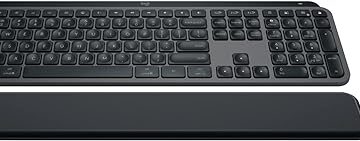


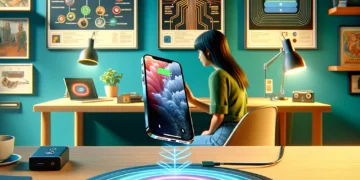




![Apple Watch SE (2nd Gen) [GPS 40mm] Smartwatch with Starlight Aluminum Case with Starlight Sport Band S/M. Fitness & Sleep Tracker, Crash Detection, Heart Rate Monitor](https://www.tech-bit.com/wp-content/uploads/2024/06/applewatchse2ndgengps40mmsmartwatchwithstarlightaluminumcase-360x180.jpg)




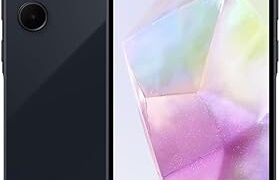
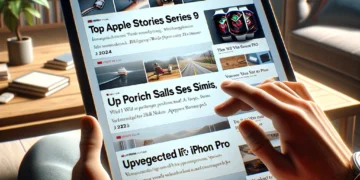
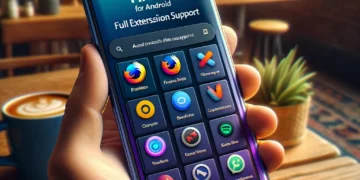
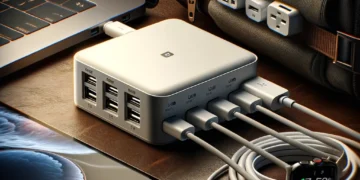



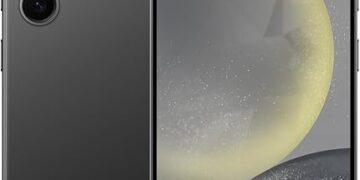
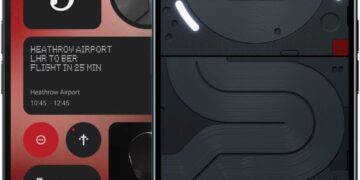



![Apple Watch Series 9 [GPS 45mm] Smartwatch with Midnight Aluminum Case with Midnight Sport Band S/M. Fitness Tracker, ECG Apps, Always-On Retina Display, Water Resistant](https://www.tech-bit.com/wp-content/uploads/2024/06/applewatchseries9gps45mmsmartwatchwithmidnightaluminumcasewith-360x180.jpg)

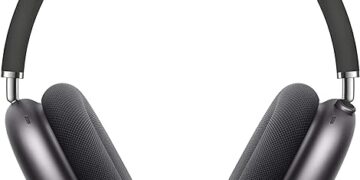
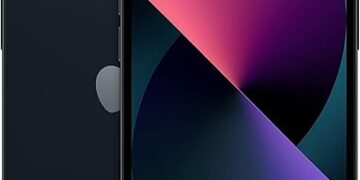
![Apple Watch Ultra 2 [GPS + Cellular 49mm] Smartwatch, Sport Watch with Rugged Black Titanium Case with Black Ocean Band. Fitness Tracker, Precision GPS, Action Button, Extra-Long Battery Life](https://www.tech-bit.com/wp-content/uploads/2024/10/applewatchultra2gpscellular49mmsmartwatchsportwatchwithrugged-360x180.jpg)
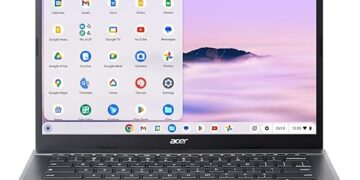
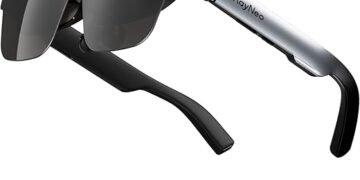

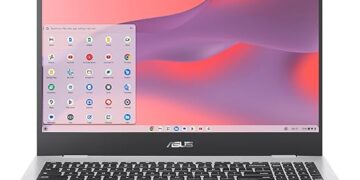
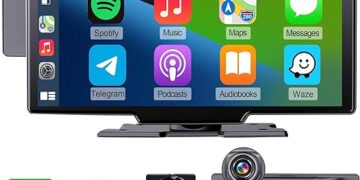
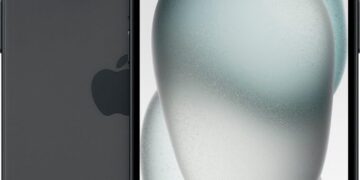
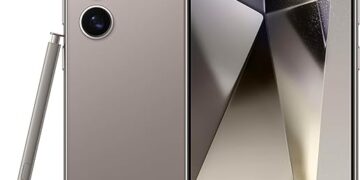

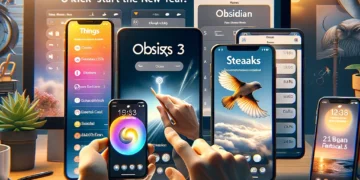
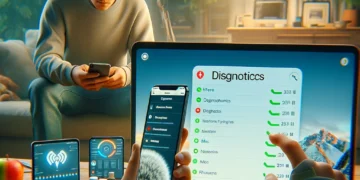


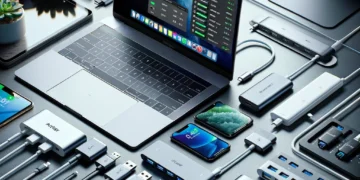


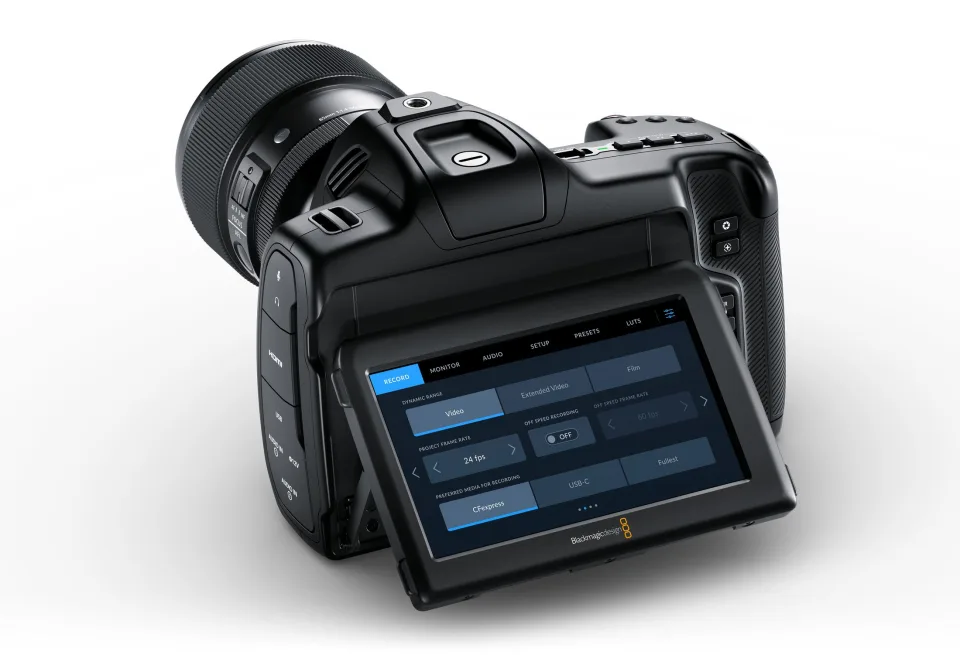
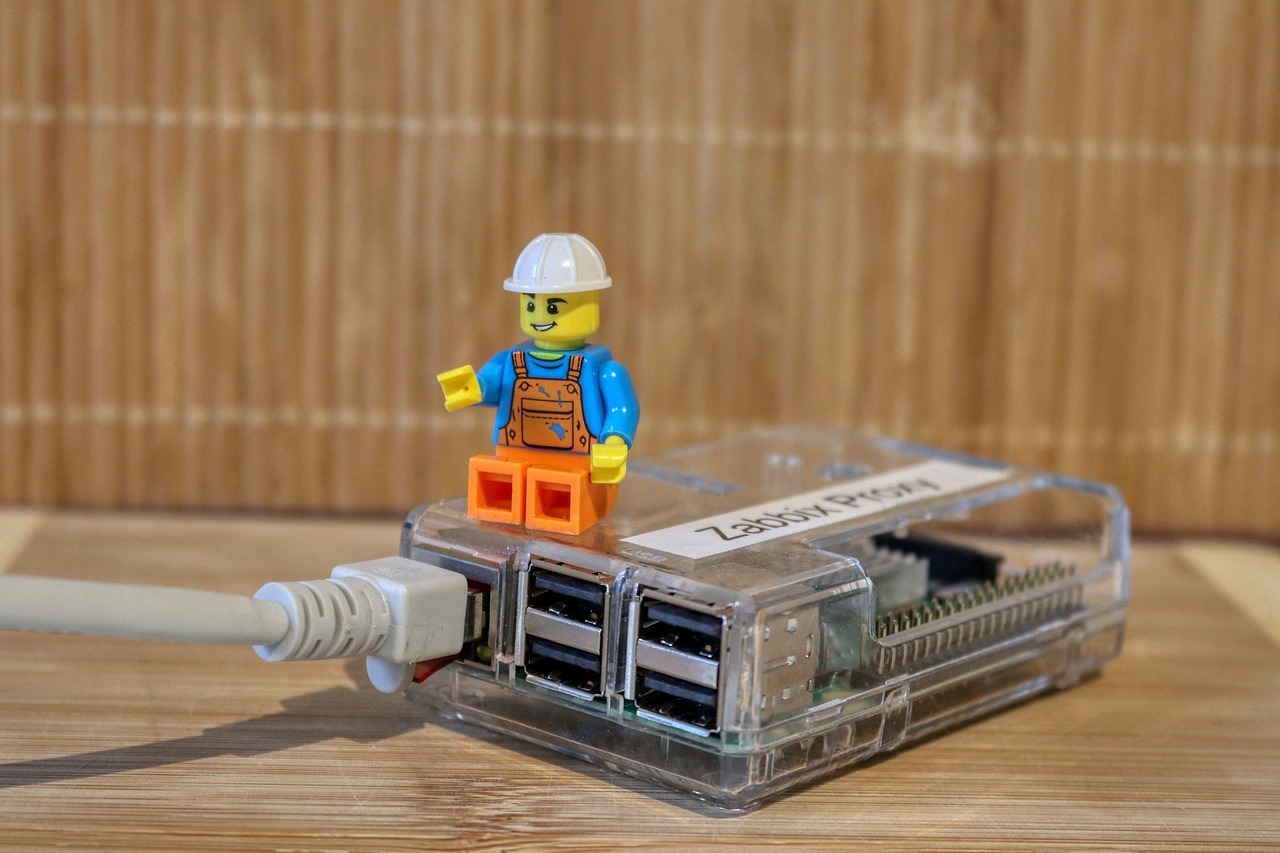
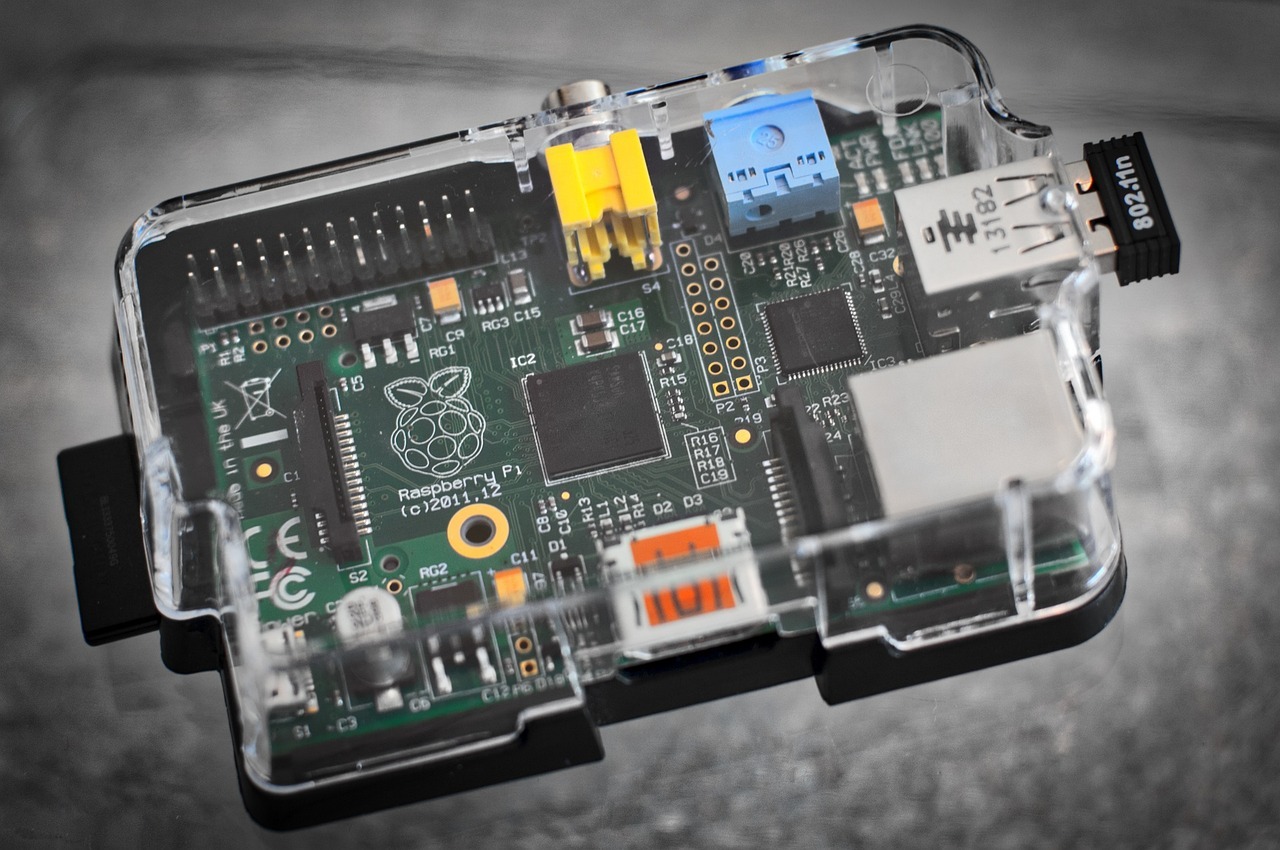
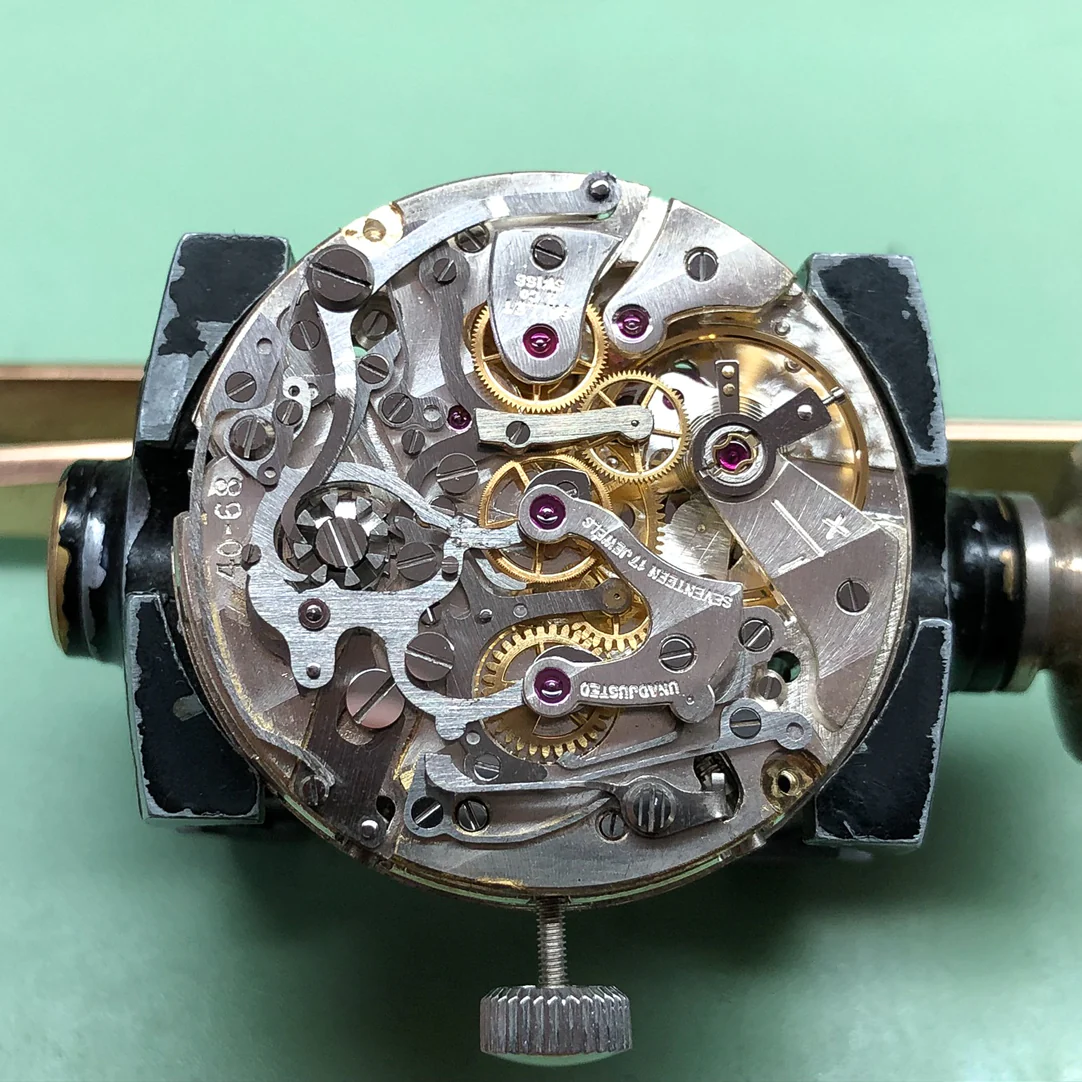


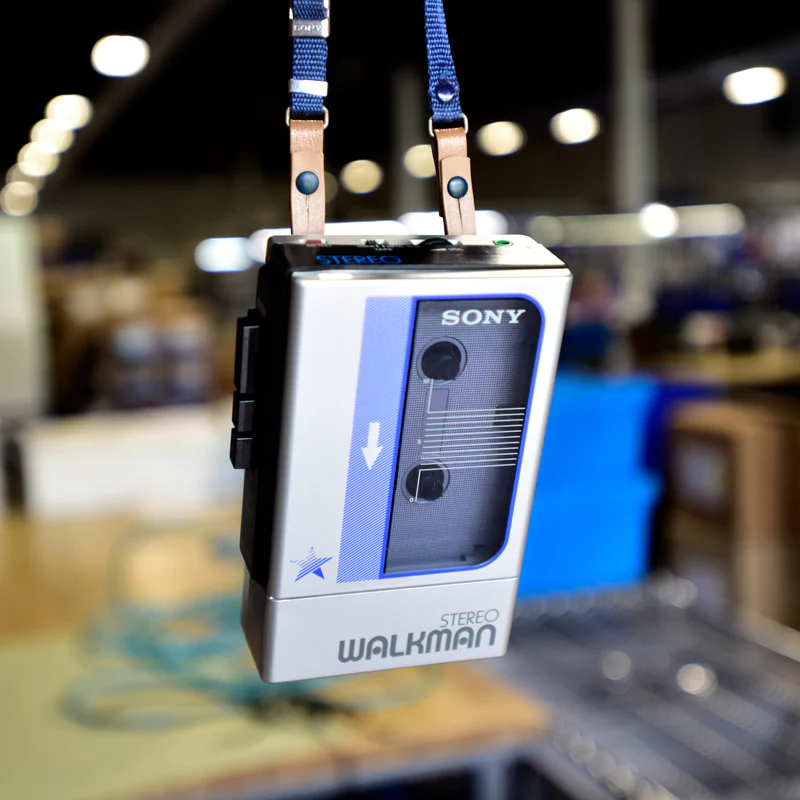






![Apple iPhone 15 (128 GB) - Pink | [Locked] | Boost Infinite plan required starting at $60/mo. | Unlimited Wireless | No trade-in needed to start | Get the latest iPhone every year](https://www.tech-bit.com/wp-content/uploads/2023/10/apple-iphone-15-128-gb-pink-locked-boost-infinite-plan-required-120x86.jpg)




